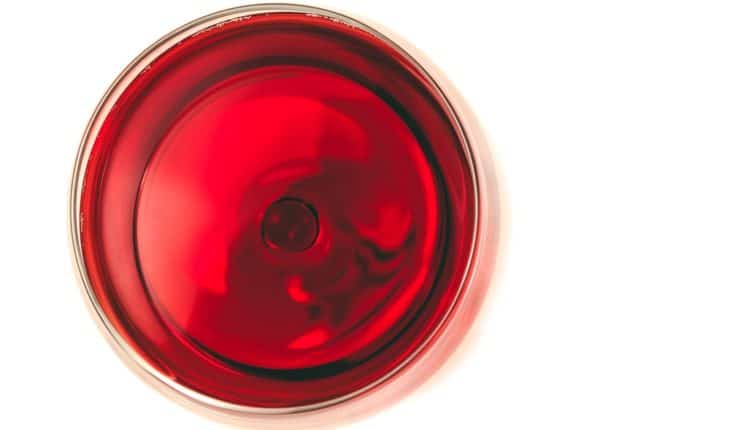After Dry January, what next? Why addressing your drinking is even more important as you get older
If you think you can’t drink the way you used to, you’re not alone. An ageing body is more sensitive to alcohol than a younger one. Dr Niall Campbell, consultant psychiatrist at Priory’s Roehampton Hospital and one of the UK’s leading alcohol addiction experts, says the idea that hangovers get worse with age is no myth and has a lot to do with the body’s changing metabolism and, sometimes, prescription medications.
Increasingly companies should look to stop making alcohol the focus of work events and offer a variety of interesting, non-alcoholic beverages to remove the emphasis from alcohol, he said. Alternatively they should think outside the box – evening cycle rides, board-game nights, cake-and-quiz nights or volunteering – “a great workplace activity is to get out and help a local cause that aligns with your company values”.
Dr Campbell says: “You are more likely to be on medication as you get older and these medicines can alter the way your body breaks down alcohol, leaving you with a worse hangover.
“It is also true to say that your body takes longer to recover from everything after your mid-twenties partly due to inflammation and chronic diseases which your immune system and liver are fighting.
“Older people tend to have more chronic diseases than younger people. If you add the toxic effects of alcohol and its breakdown products, acetaldehyde and ethanoic acid, all three of which are toxic to all tissues of the human body, you will experience stronger hangover symptoms such as fatigue and nausea, and put yourself at risk of damaging your organs.
“There’s a misnomer that if you are overweight, which tends to happen as you get older, you can handle alcohol more effectively. Not true. And the calories in alcoholic drinks cause weight gain. Beer bellies are not a myth.
“There is also the build-up of acetaldehyde – which happens at the mid-point when your body is metabolising alcohol. As you age, your ability to metabolise alcohol drops. That’s what you can smell on a heavy drinker’s breath the morning-after-the-night-before. Acetaldehyde is the first by-product of ethanol, and between 10 and 30 times more toxic than alcohol itself; it can remain at an elevated plateau for many hours after initial ethanol consumption. High acetaldehyde levels in heavy, steady drinkers is increasingly implicated in causing cancer.
“It’s important to remember, as the charity Cancer Research points out, that while there are plenty of tricks that people claim ‘cure’ hangovers, whether they seem to work for you or not, they do not speed up the breakdown of alcohol and do not cancel out the long-term damage done by alcohol.” The Priory Hospital in Roehampton offers treatment and support for alcohol addiction and drug addiction. It also offers a medically assisted withdrawal detoxification process for alcohol and drug addictions, which is the safest way to detox. Its 28-day Addiction Treatment Programme is a residential service that focuses on addressing the physical symptoms of addiction, before exploring underlying triggers for addictive behaviours and developing lifelong coping strategies. The programme is guided by the well-known 12-Step treatment model, the abstinence-based model first pioneered by Alcoholics Anonymous. Dr Campbell says: “If you or someone that you know is struggling with an addiction, it is important to know that you are not alone; expert addiction treatment, therapy and support are available.
- Breaking the ice for men’s mental health - 26th December 2025
- New bowel cancer test for early detection - 26th December 2025
- New method accelerates resistance testing in UTIs - 26th December 2025







